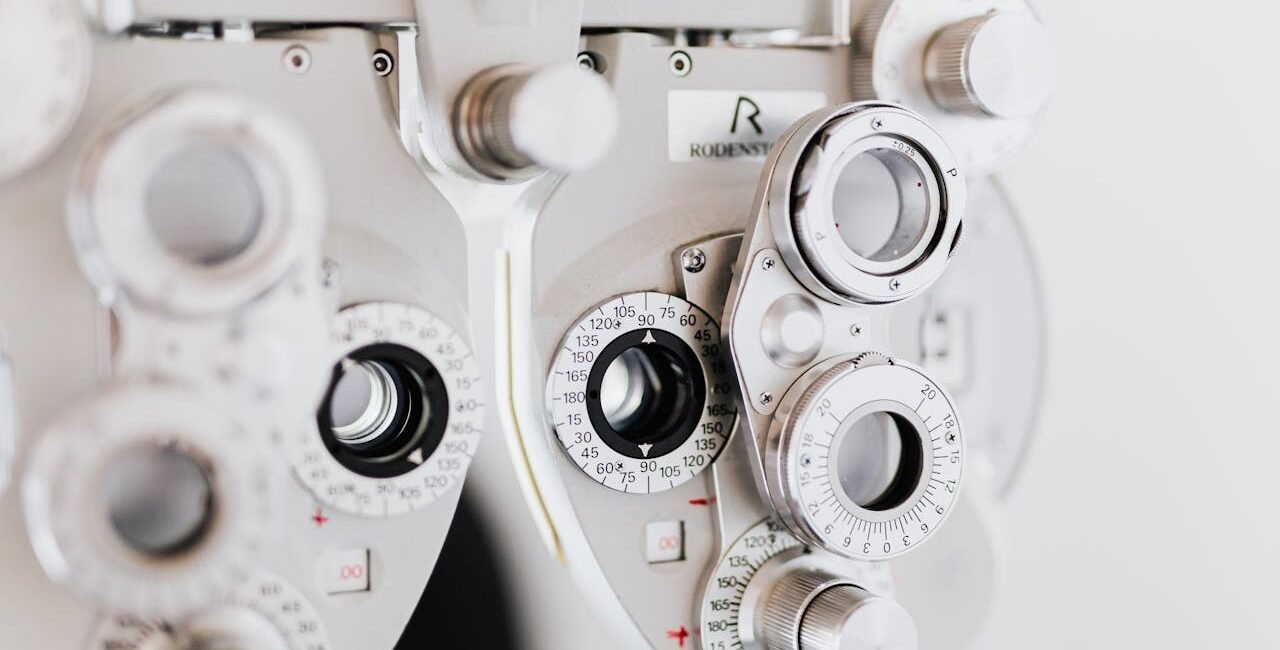
Eye clinic play a crucial role in maintaining eye health, preventing vision problems, and treating a wide range of ocular conditions. Whether it’s a routine eye exam or specialized treatment for more complex disorders, an eye clinic serves as the first and often most important point of contact for vision care. With the growing demands of modern life—prolonged screen exposure, environmental stressors, and increasing lifestyle diseases—the need for regular eye care has become more vital than ever.
What Is an Eye Clinic?
An eye clinic is a healthcare facility focused exclusively on the diagnosis, treatment, and management of eye-related issues. It is typically staffed by trained eye care professionals such as ophthalmologists, optometrists, and opticians. Clinics may operate independently or be part of a larger hospital or medical center.
While hospitals handle more complex and surgical cases, eye clinics specialize in outpatient care, making them convenient and accessible for regular check-ups and non-emergency services.
Services Provided by Eye Clinics
Eye clinics offer a comprehensive range of services that cater to people of all ages, from children to seniors. These services typically include:
-
Comprehensive Eye Examinations
Eye clinics conduct detailed vision tests to assess visual acuity, detect refractive errors (like myopia, hyperopia, and astigmatism), and evaluate overall eye health. -
Prescription of Eyeglasses and Contact Lenses
Based on the results of vision tests, optometrists prescribe suitable corrective lenses and help patients choose frames and lens types. -
Diagnosis and Treatment of Common Eye Conditions
Conditions like dry eyes, conjunctivitis, eye allergies, and computer vision syndrome are routinely treated at eye clinics with medication or lifestyle recommendations. -
Glaucoma Screening and Monitoring
Eye clinics often screen for glaucoma using tools to measure intraocular pressure and assess optic nerve health—especially in people over 40 or with a family history. -
Diabetic Eye Exams
People with diabetes require regular eye checks to prevent or manage diabetic retinopathy, a leading cause of vision loss that can develop without symptoms in its early stages. -
Pre- and Post-Operative Care
Clinics also support patients undergoing surgeries like cataract removal or LASIK by providing evaluations, guidance, and follow-up care. -
Pediatric Eye Care
Regular eye exams for children help identify issues like squint, lazy eye, or refractive errors early, ensuring better vision development and learning ability.
Importance of Regular Eye Check-Ups
Many eye diseases begin silently and progress without obvious symptoms until the damage is advanced. Regular visits to an eye clinic can lead to early detection, which is key to preventing vision loss. Common benefits of routine eye exams include:
-
Detecting hidden conditions like glaucoma and retinal disorders
-
Monitoring effects of chronic illnesses like diabetes and hypertension on eye health
-
Updating vision prescriptions to prevent eye strain and headaches
-
Offering personalized advice on eye care, screen usage, and protective measures
Modern Tools and Technology
Advanced eye clinics use modern diagnostic tools to enhance the accuracy of assessments and quality of care. These may include:
-
Slit Lamp Examination – for detailed inspection of the eye’s front structures
-
Tonometry – to measure eye pressure for glaucoma screening
-
Fundus Photography – to capture images of the retina
-
Optical Coherence Tomography (OCT) – for detailed cross-sections of retinal layers
-
Autorefractors and Retinoscopes – for automated measurement of refractive errors
Such technology ensures precise diagnosis and efficient management of eye health.
Conclusion
An eye clinic is much more than a place to get glasses. It is a vital part of the healthcare system dedicated to preserving and improving vision. With regular visits, early intervention, and the right guidance, individuals can avoid many preventable vision problems and enjoy better quality of life.


